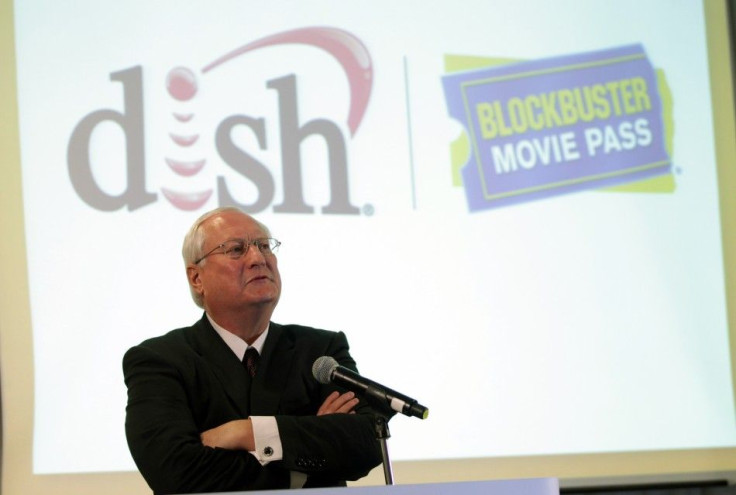AT&T, T-Mobile Merger: Rumors Circulate About New Deals for The Carriers

Will AT&T merge with Dish? Will T-Mobile partner up with Sprint? That's what the telecommunications market's abuzzed over.
It was bound to happen. Following the collapse of the $39 billion AT&T/T-Mobile USA merger, the rumor mill has begun running on what the two companies will do next.
Speculation among investors that AT&T may be interested in forging a wireless agreement with satellite provider Dish Network arose almost immediately after Monday's big announcement. Shares of Meridian, Colo.-based Dish soared Tuesday on the speculation, particularly because Dish is set to obtain a lot of wireless spectrum following an approval from the Federal Communications Commission.
This could be beneficial for AT&T. It needs to obtain more spectrum in order to meet the growing data demands of its consumers. AT&T is also expecting an FCC approval of a deal that would allow the company to collect some wireless spectrum from San Diego-based telecommunications firm Qualcomm.
However, that amount of spectrum won't be enough to solve its spectrum shortage, especially after recent announcements that Verizon Wireless plans to buy spectrum from both SpectrumCo and Cox Communications.
In our view, Verizon's recent purchase of SpectrumCo as well as the Cox spectrum has placed additional pressure on AT&T to continue to build its spectrum portfolio, researchers at Barclay's wrote in a note following Monday's announcement.
There has also been speculation that AT&T could form a network agreement or buy Bellevue, Wash.-based Clearwire Corp. The deal likely wouldn't lead to a major antitrust fight since Clearwire is far smaller than T-Mobile, and the regional carrier reportedly has a lot of unused spectrum that it would want to sell in an effort to raise money to build out its own network. This could be a good move for both parties.
As for T-Mobile, its future looks uncertain.
While T-Mobile could benefit from a $4 billion breakup fee that AT&T must pay to its parent company Deutsche Telekom, and the funds could go into expanding the U.S. outfit's wireless network, the German telecommunications company has repeatedly expressed its desire to spin off T-Mobile.
Since it can't merge with AT&T or Verizon, some have suggested T-Mobile should merge will Sprint Nextel in order to build a stronger lower-cost carrier to challenge the larger wireless players.
However, a deal like that sounds easier than it is in reality.
AT&T was a convenient buyer of T-Mobile because both companies used a technology standard called Global System for Mobile Communications (GSM), unlike Code Division Multiple Access (CDMA) used by rivals such as Verizon, Sprint and many small wireless carriers.
If two carriers with different standards were to merge, the new carrier would either have to operate on two networks or provide new phones to customers in order to get everyone on the same network, Barclay's analyst James Ratliffe told the International Business Times.
It's quite costly, and it's certainly a lot tougher than if the networks are compatible, he said.
Even Dish could forge an alliance with T-Mobile. Dish Chief Executive Joe Clayton recently told Reuters that it could consider a partnership if the AT&T merger were to fall through.
Of course, companies don't comment on these rumors. So it looks like we will have to wait for the next big agreement to be announced before we know the future direction of the companies.
© Copyright IBTimes 2025. All rights reserved.





















